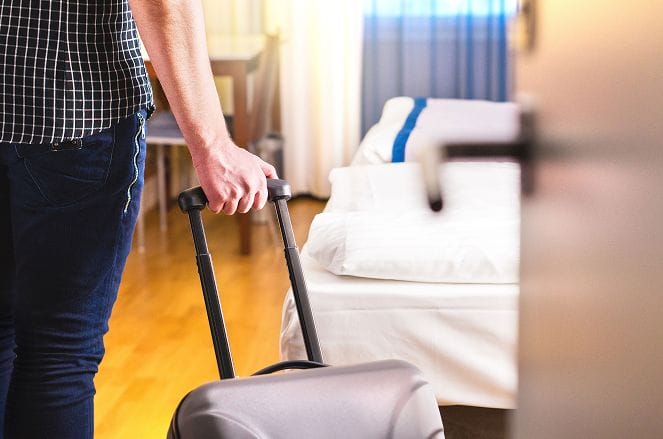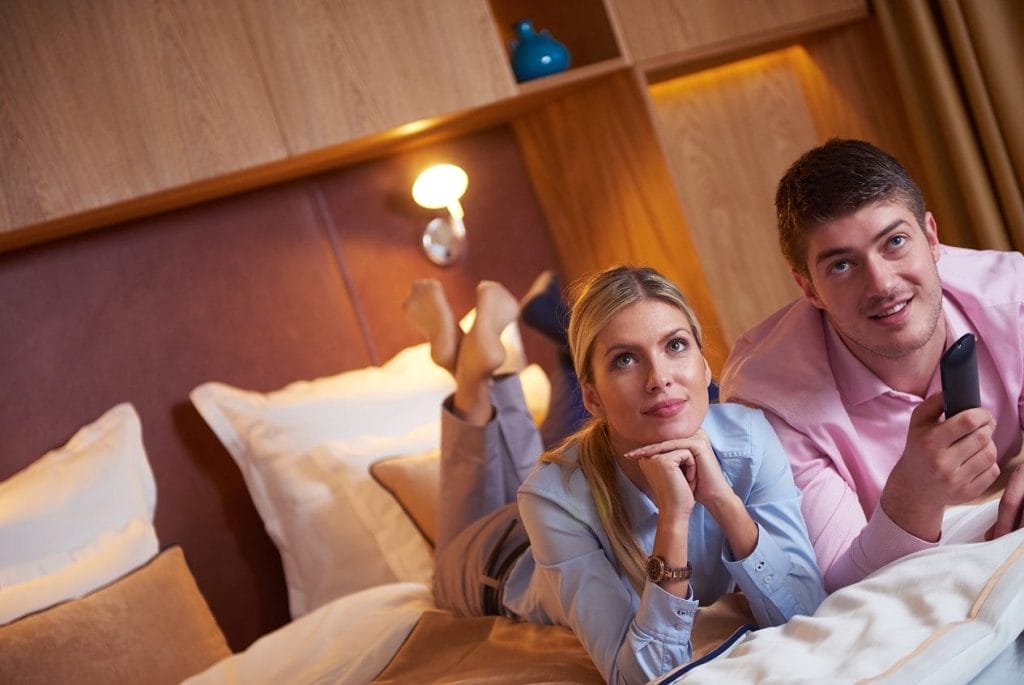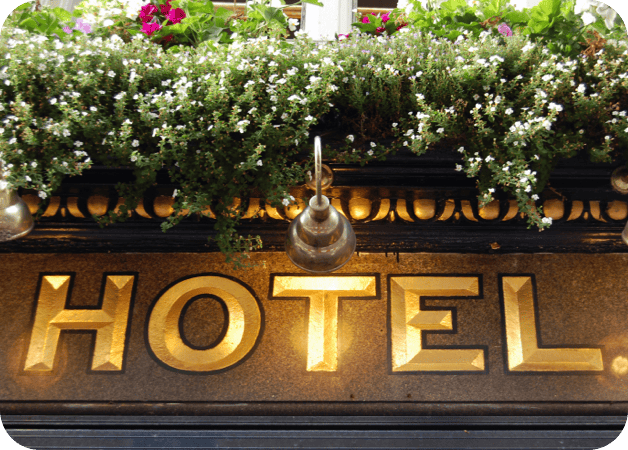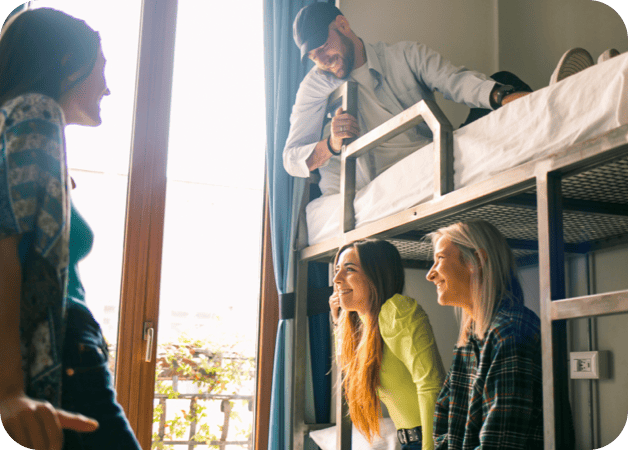An alliance of creatives
AVLA is a not-for-profit organisation established in the United Kingdom by the creators of films, series, documentaries, cartoons and other audiovisual works.
We offer the most comprehensive audiovisual licence for hotels, hostels, B&Bs, guesthouses and other similar establishments, so they can legally offer to guests access to TV channels containing works from our repertoire.



AVLA is an alliance of associations representing the largest community of creators of audiovisual works.
The AVLA Licence



Put simply, the AVLA licence authorizes you to make available to your guests TV channels that contain audiovisual works (films, series, documentaries, cartoons and other shows) from our vast catalogue. If you operate a hotel, hostel, B&B, guesthouse or similar establishment that has TVs in bedrooms and/or communal areas – such as a lobby, lounge, restaurant, bar, gym or salon – then you will probably need to obtain our licence.
Read MoreObtain your licence
It is simple and quick. It just takes a few clicks and less than five minutes to take your AVLA licence.
Get your licence nowOur Members






Your contribution makes a difference
Frequently Asked Questions
Why is there a new licence?
Hotels, hostels, B&Bs, guesthouses and other hospitality accommodation businesses derive value from offering TV channels to their guests. UK and international law recognise that the creators of copyright-protected audio-visual works in the likes of films, series, documentaries, cartoons and other shows, e.g. producers, authors, performers, directors and visual artists (“Audio-visual Rightsholders”) should be fairly compensated when their works are communicated to the public.
Thanks to copyright protection, rightsholders are able to benefit from the exploitation of their copyright works. In fact, copyright is the basis on which the creative industries exist and can develop further.
The Copyright Act 1956 already recognised that the communication to the public of audio-visual content (e.g. films, series, TV programmes, etc.) in the UK is restricted by the copyright in such work. It is based on that Act that collecting societies dealing with music have for decades been able to licence the music in broadcasts communicated to the public. Following a change to copyright legislation in the UK, introduced in June 2016 (Section 72 of the Copyright, Designs and Patents Act 1988), UK law now also recognises the rights of Audio-visual Rightsholders when their works are communicated to the public. Consequently, businesses now require to obtain the permission of Audio-visual Rightsholders to communicate their copyright works to the public in their premises.
The AVLA licence is a simple solution to facilitate this process: establishments can clear the rights to both an extremely large number of titles, as well as to various categories of Audio-Visual Rightsholders.
I subscribe to pay TV and I already have another licence. Is that enough?
No. Licences issued by other organisations do not replace the AVLA licence, and vice versa. If, at your establishment, you offer your guests TV channels (whether free-to-air or subscription-based networks) containing works from the AVLA repertoire, you will need to get the AVLA licence – even if you have already obtained other licences. Otherwise, you would be infringing the intellectual property rights of our rights-holders.
I rent out a studio apartment to tourists. Do I need the AVLA licence?
Probably yes. You will need the AVLA licence if your establishment has TVs that could show television programmes containing works of our repertoire. You do not need the licence if there are no TVs on your premises.
Does the AVLA licence cover all films, series and other shows?
The AVLA licence does not cover all programmes shown on every TV channel. Our extensive repertoire contains a vast number of films, series and other TV shows. But it does not encompass all works or all types of content. For instance, the AVLA licence does not cover:
- every film, series, documentary, cartoon or other TV show in existence (for instance, most Thai productions are not represented by AVLA)
- sports, news and reporting of current affairs, weather forecasts, advertising, etc.
- the rights managed by other licensors (such as musical works and some broadcaster’s productions)
- subscription VOD, pay-per-view, streaming services and other uses.
Government Regulated
AVLA is monitored and regulated by the UK government for the licensing of audiovisual rights.

